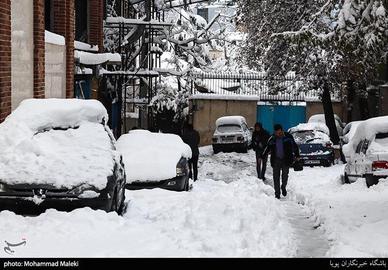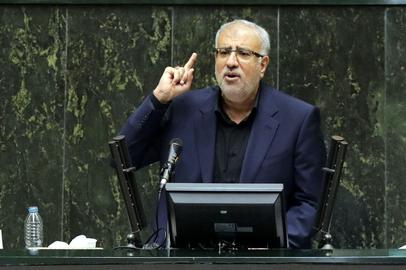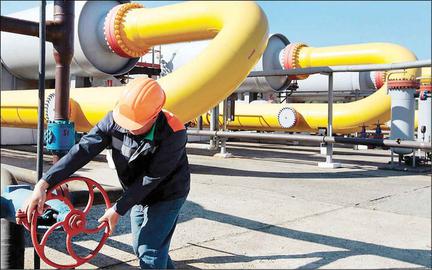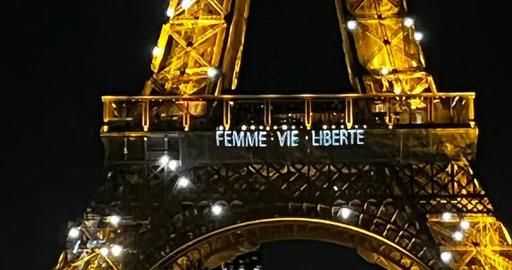Last summer, as Europe was going through a gas crisis triggered by Russia's invasion of Ukraine in February 2022, Iran offered itself as an alternative source of natural gas.
Petroleum Minister Javad Owji in early September predicted a "harsh winter" for Europe, but the authorities in most European countries say supplies are now stable, while a serious natural gas shortage in Iran is forcing schools and government offices to close.
Yet Iran has the world's second-largest gas reserves.
In late December, the country’s industrial centers, educational institutions, government offices and even households started experiencing gas and electricity cuts. Bank and school were forced to close in some cities.
The situation has since deteriorated, with Owji advising citizens last week to "dress warmer at home and reduce consumption.”
Educational institutions and government offices in Tehran remained closed or were partially open on January 14 to reduce consumption, at a time when university students are passing exams.
Social media footages show shopkeepers warming themselves with fires outside their shops. Videos of gas heaters being turned off in cities, including in Alborz and Tehran provinces, have also been published.
According to experts, the shortages in gas-rich Iran are due to ailing infrastructure, a situation caused by government policies that have increasingly isolated the country.
Energy expert Fareed Safari tells IranWire that gas extraction has been rapidly falling due to insufficient investment.
According to Reza Padidar, head of the Energy Commission at the Tehran Chamber of Commerce, Iran needs to attract at least $50 billion in investments in the short term, $90 billion in the medium term, and more than $200 billion in the long term to maintain current gas production levels.
But before that could happen, the United States would have to lift the crippling economic sanctions it has imposed on Iran.
"The problems that the Iranian government has created for itself regarding the extraction of gas resources are one example of the problems that, unfortunately, many other sectors of Iran's economy have faced,” according to Jamshid Damoei, professor of economics at the Carleton University of California.
"Lack of investment and access to technology occurs when a country isolates itself economically," the expert added.
According to Safari, a vast amount of the energy produced in Iran is also being wasted, exacerbating the crisis.
In an attempt to partly remedy the situation, Iranian power plants and other factories are increasingly using mazut, a low-quality heavy fuel oil, especially during winter.
As a result, mazut has become a major factor contributing to the deteriorating air quality in Iranian cities.
In the absence of massive investment in the energy sector, Damoei warns, further energy cuts will have a "very negative effect" on Iran's economy.
Many Iranians are already feeling the pain of spiralling inflation and rising unemployment.
A worsening economic situation is likely to exacerbate public anger toward the Islamic Republic, which is facing the most severe protests since its establishment in 1979.
visit the accountability section
In this section of Iran Wire, you can contact the officials and launch your campaign for various problems



























comments